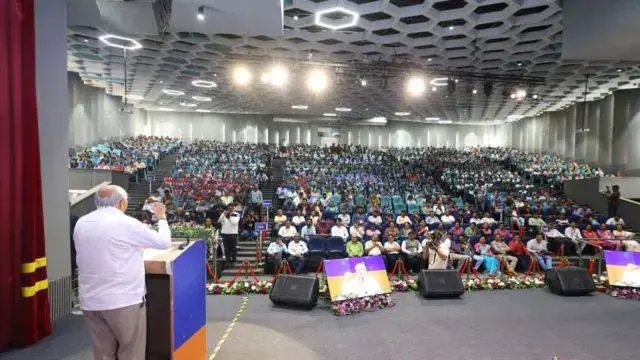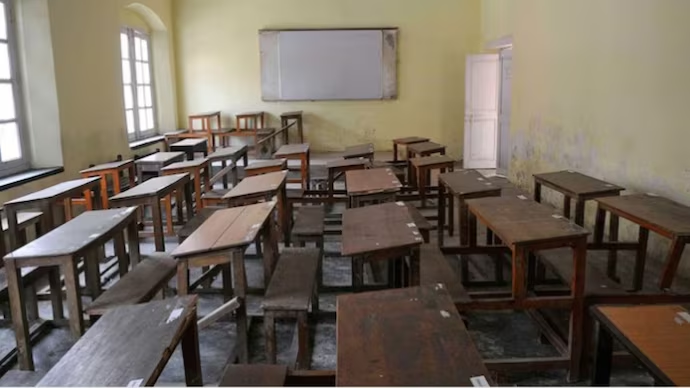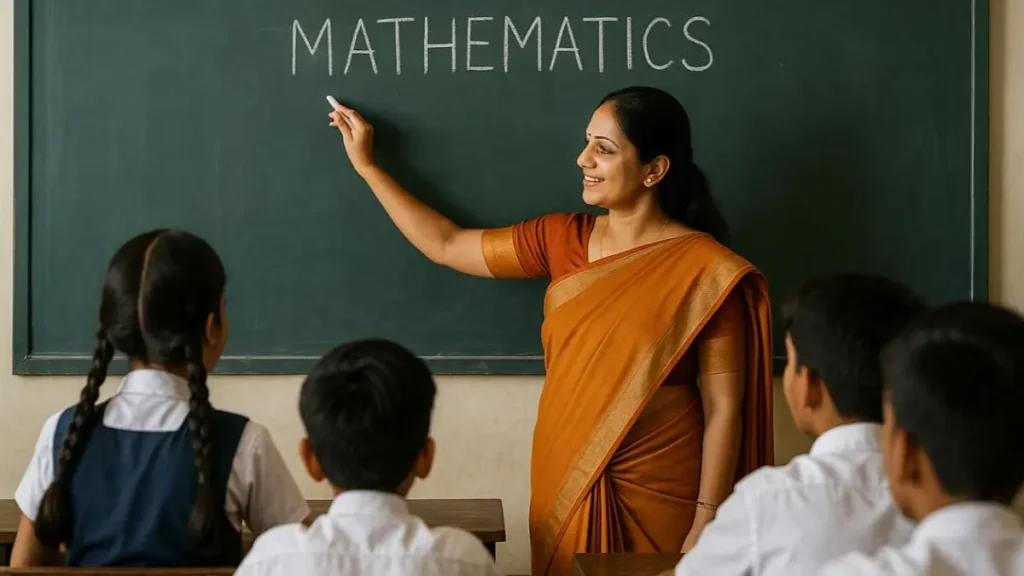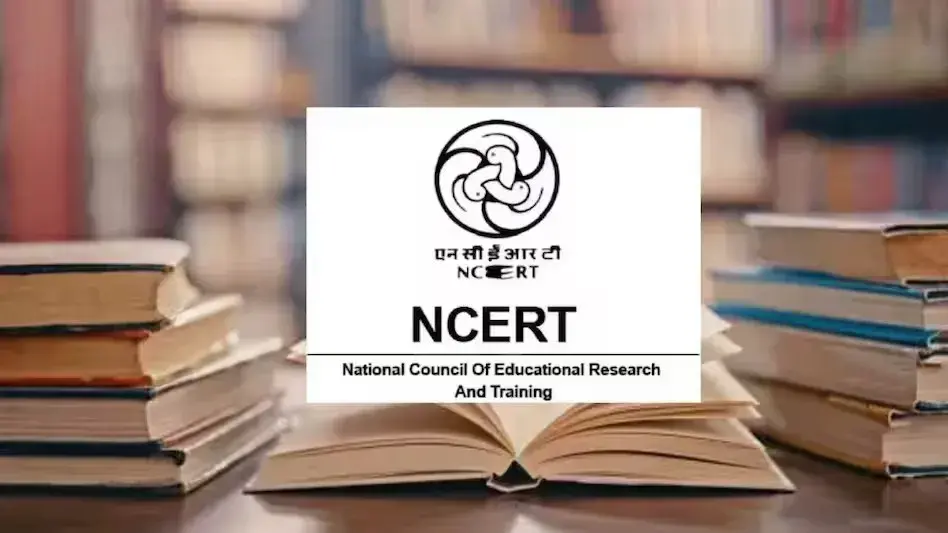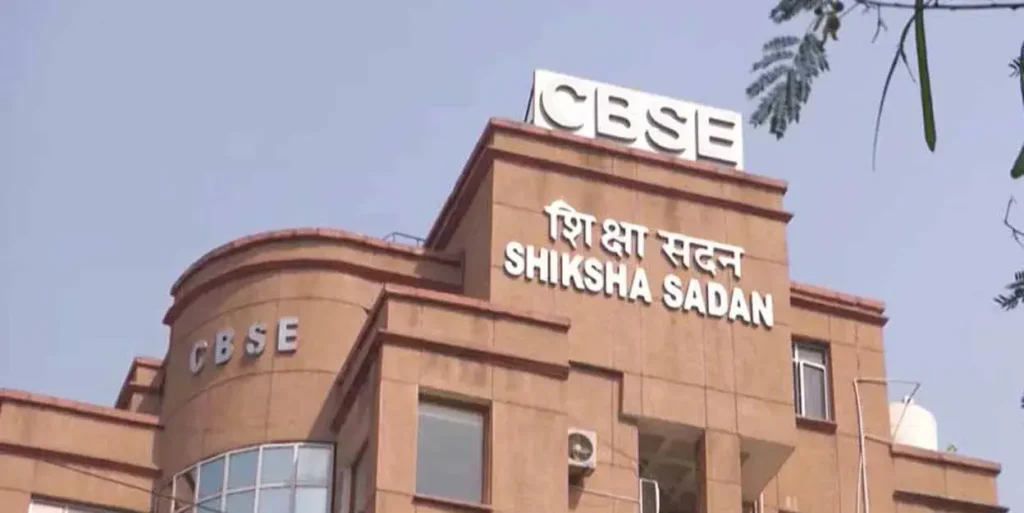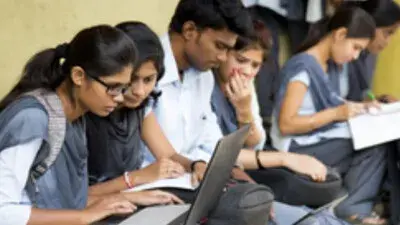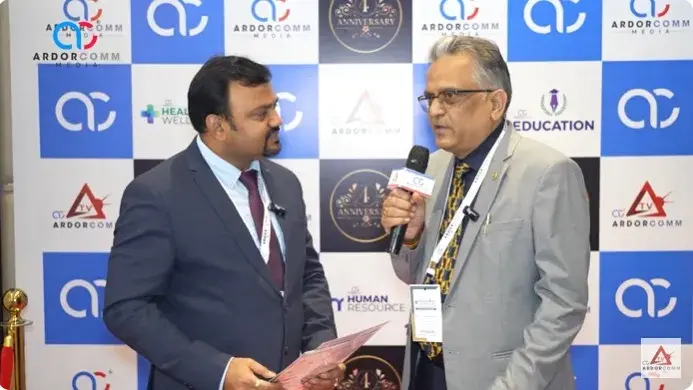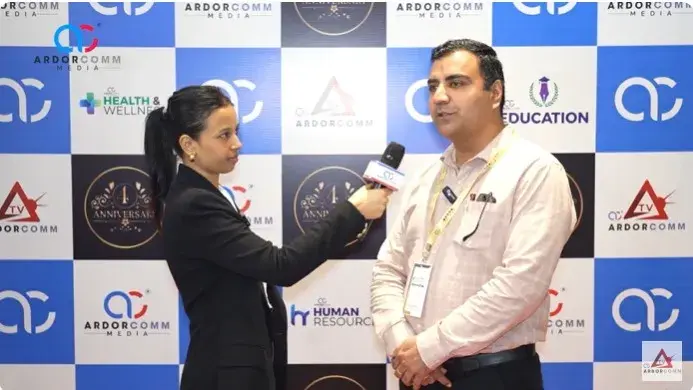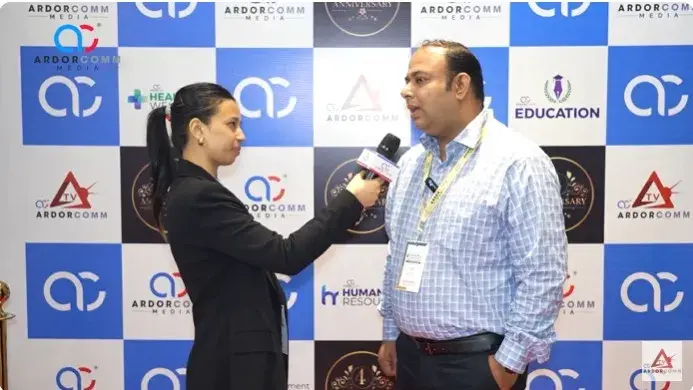Gujarat CM Disburses ₹370 Crore in Scholarships to Over 13 Lakh Students via DBT
Gujarat Chief Minister Bhupendra Patel announced the transfer of more than ₹370 crore in scholarship assistance to over 13 lakh students through Direct Benefit Transfer (DBT) in Gandhinagar. The financial support was provided under four key state education schemes—Namo Lakshmi Yojana, Namo Saraswati Vigyan Sadhana Yojana, Mukhyamantri Gyan Sadhana Merit Scholarship Yojana, and Mukhyamantri Gyan Setu Merit Scholarship Yojana. The event was attended by Deputy Chief Minister Harsh Sanghavi, Education Minister Pradyuman Vaja, and Minister of State for Education Rivabaa Jadeja. Addressing the gathering, Chief Minister Patel highlighted the significant progress Gujarat’s education sector has made over the last two-and-a-half decades under the leadership of Prime Minister Narendra Modi. He said the vision of providing uninterrupted access to education from kindergarten to postgraduate level is steadily being realised. Special emphasis, he added, has been placed on girls’ education through initiatives like Namo Lakshmi Yojana and Namo Saraswati Vigyan Sadhana Yojana, aimed at ensuring continued participation of girls in secondary and higher secondary education. Recalling Prime Minister Modi’s tenure as Gujarat Chief Minister from 2001, Patel said his hands-on efforts—such as personally visiting villages to promote girls’ education and auctioning gifts received during his tenure to fund educational initiatives—set new standards nationwide. These efforts, combined with programmes like Shala Praveshotsav and Kanya Kelavani Mahotsav, helped reduce the girls’ dropout rate from 37 percent to less than two percent. The Chief Minister also outlined the expansion of educational infrastructure in the state. Village schools offering science streams have increased to 2,834, while the number of colleges has grown from 775 in 2001 to over 3,200 today. Engineering colleges have risen from 139 to 288, and medical seats have expanded from 1,175 to more than 7,000. Additionally, over 24,000 girls pursuing medical education have benefited from the Mukhyamantri Kanya Kelavani Nidhi Yojana. Deputy Chief Minister Harsh Sanghavi said the ₹370 crore disbursed on the day forms part of a larger commitment, with the state having provided more than ₹1,332 crore in assistance to over 13.5 lakh students so far. Congratulating the Chief Minister on completing three years of his second term, he praised his people-centric leadership and strong focus on education. Sanghavi noted that the Namo Saraswati Vigyan Sadhana Yojana was launched to ensure that financial constraints do not prevent students from opting for the science stream, especially as Gujarat continues to attract major industrial investments. Education Minister Pradyuman Vaja stated that Gujarat’s investment in education is aimed at building a strong foundation for a Viksit Gujarat and a Viksit Bharat. He said these schemes are opening new opportunities and aspirations for students across the state. Sharing scheme-wise details, he said the Namo Lakshmi Yojana has so far disbursed ₹1,033 crore to 10.49 lakh girls, leading to a 73 percent increase in attendance and a 13.59 percent rise in enrolment in Class 12. Under the Namo Saraswati Vigyan Sadhana Yojana, ₹151.84 crore has been provided to 1.5 lakh students, resulting in a 6.34 percent increase in science stream enrolment. The Mukhyamantri Gyan Sadhana Merit Scholarship Yojana has extended ₹86.14 crore to 50,000 students, while the Mukhyamantri Gyan Setu Merit Scholarship Yojana has provided ₹61.27 crore to 60,000 students, promoting merit-based and quality education. Minister of State for Education Rivabaa Jadeja described the programme as a landmark moment, reaffirming that education remains the most effective tool for social transformation. She said the state government is committed to ensuring quality education, strengthening infrastructure, promoting girls’ education, reducing dropout rates, and supporting the holistic development of students to prepare them for a brighter future. Source: PTI
Gujarat CM Disburses ₹370 Crore in Scholarships to Over 13 Lakh Students via DBT Read More »

